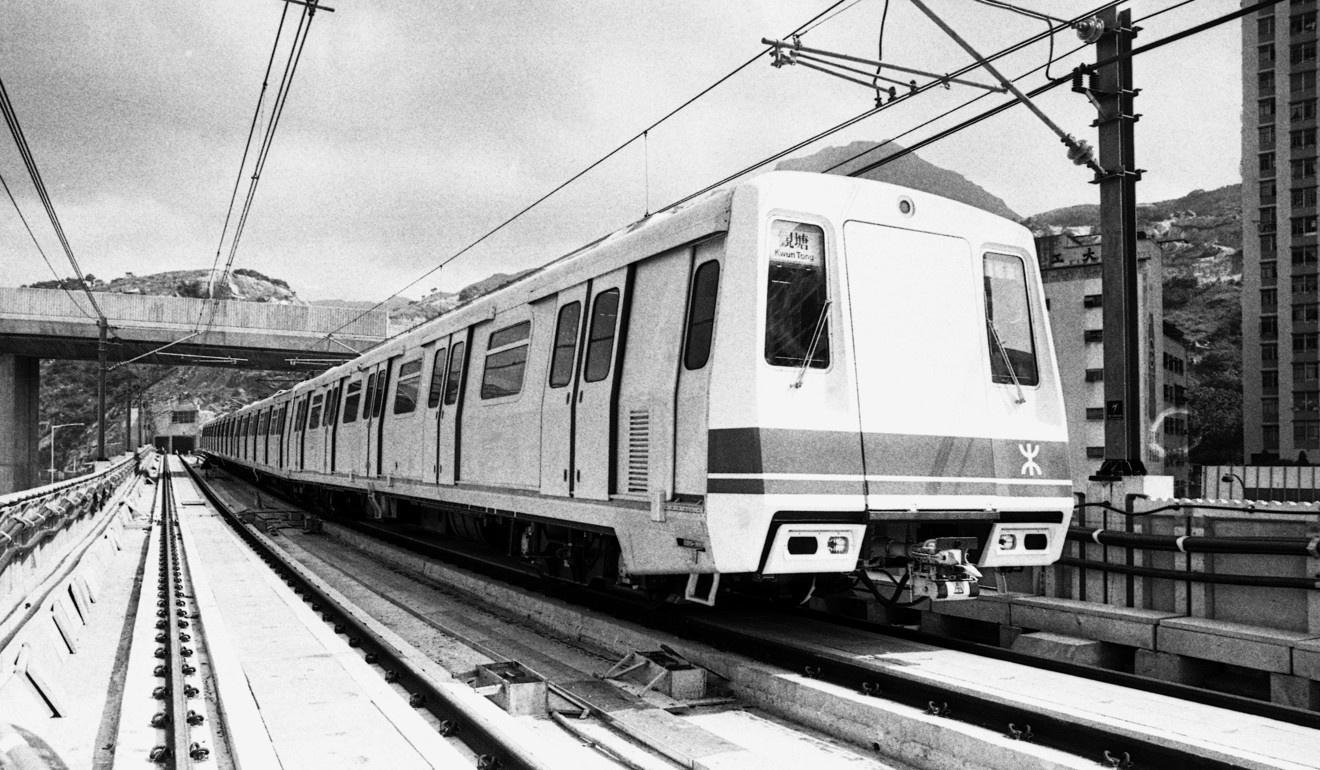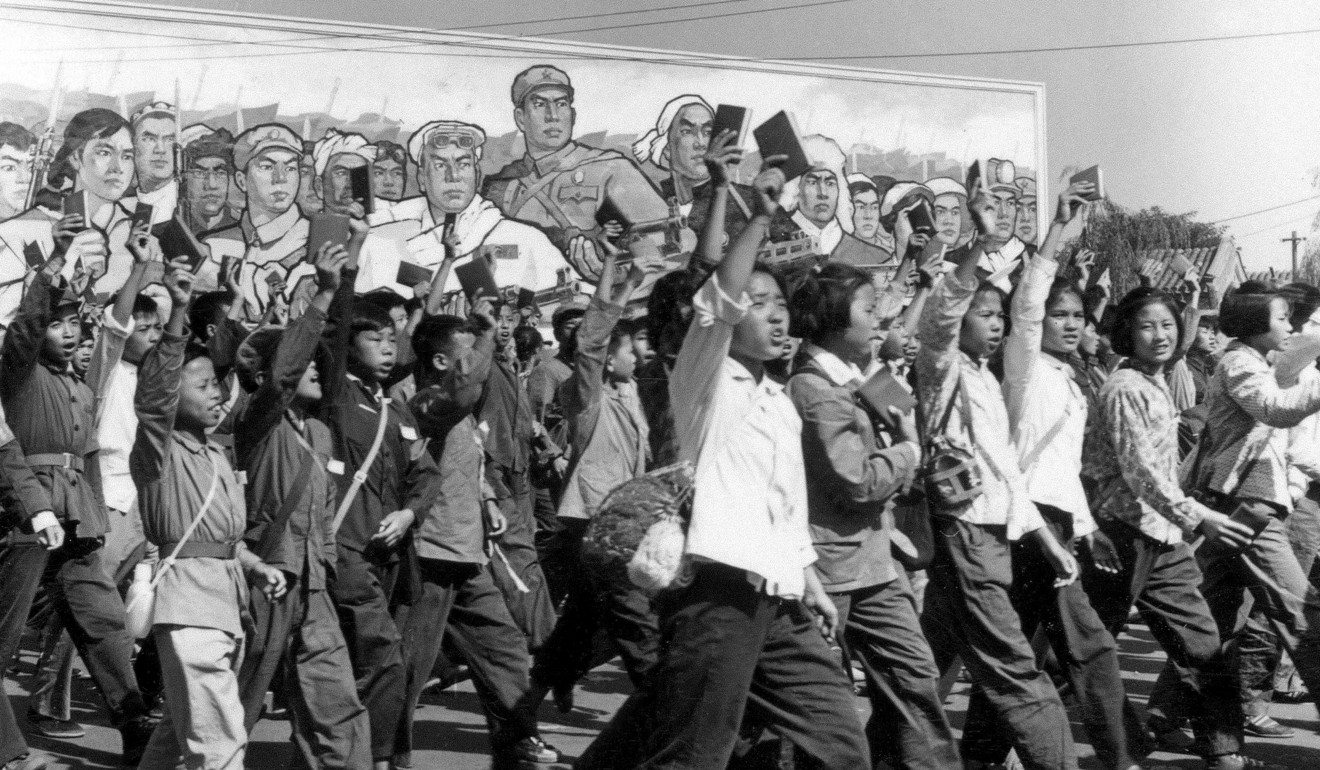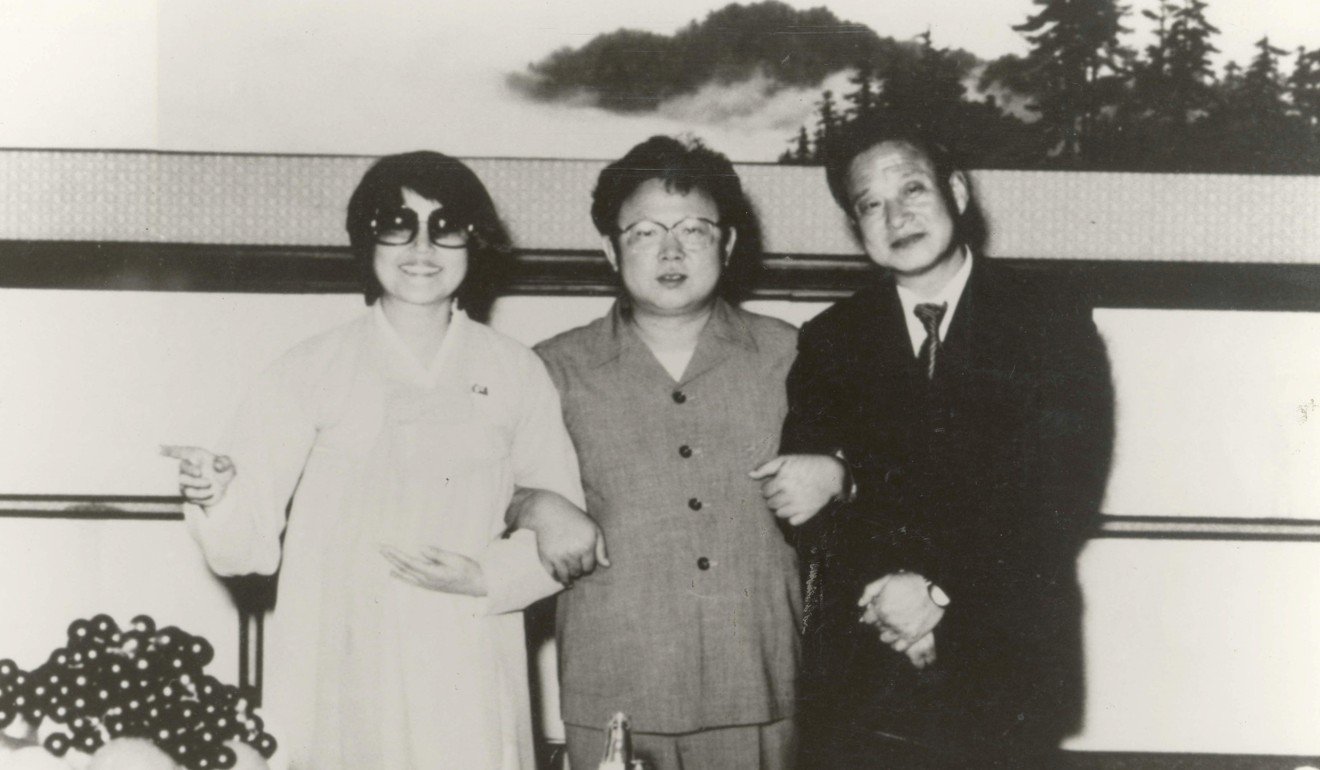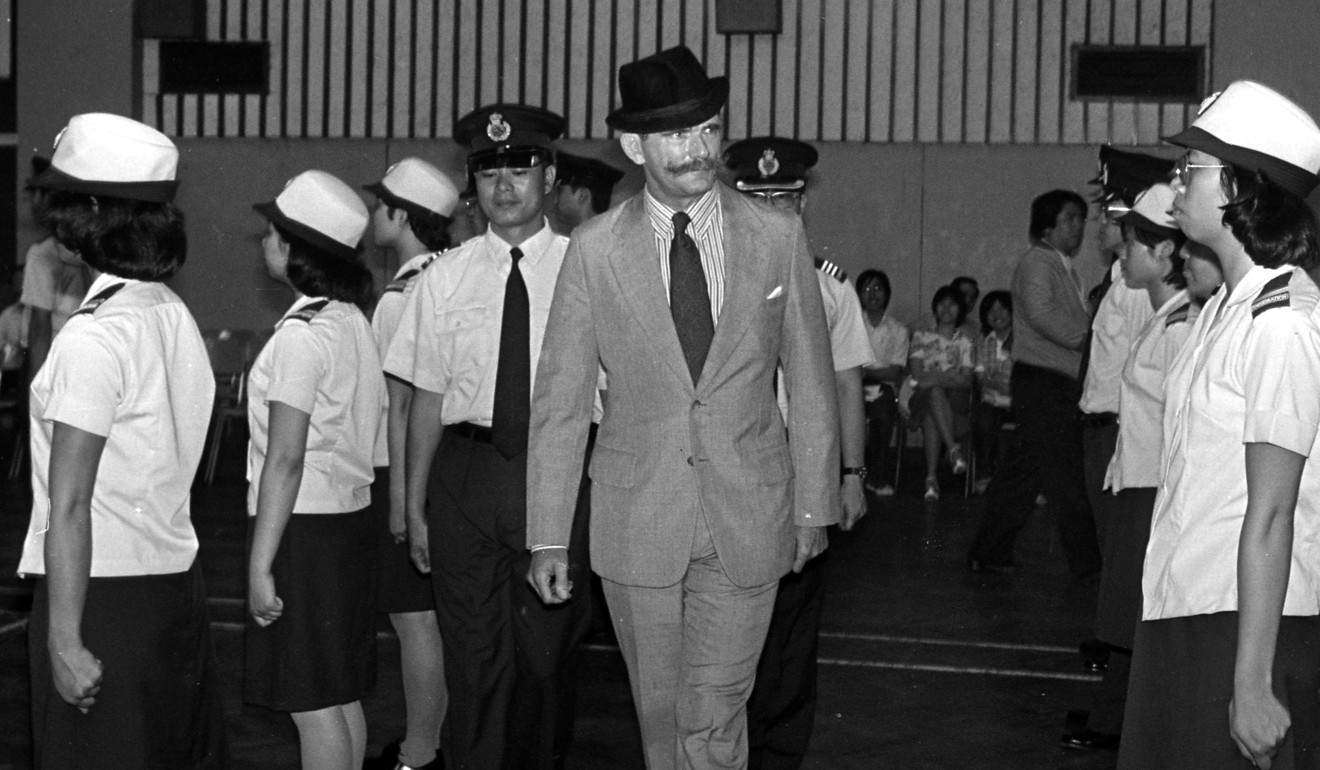
Cage homes, a kidnapped Korean actress and Soviet espionage gone wrong: headlines from four decades ago
A journey back through time to look at significant news and events reported by the South China Morning Post from this week in history
February 5, 1978

●Vietnam’s UN ambassador in the United States, Dinh Ba Thi, refused to comply with requests from the Americans to leave their country. The removal order was linked to a case earlier in the week in which an American and a Vietnamese national were charged with spying for Vietnam.
February 6, 1978

●Hong Kong was in an anti-British and pro-Beijing mood, according to The Times in London. Britain had been blamed for the heavy cuts in textile export quotas imposed by the European Economic Community. The cuts led to workers in the city losing their jobs. Meanwhile, China pledged to ensure an adequate supply of goods – especially food – for Hong Kong, while accepting it as a borrowed city living on borrowed time.
A falling space station, choppers to Macau and fear of oranges: Hong Kong headlines from four decades ago
●The estimated population of Hong Kong increased by 2 per cent from the year before to 4,566,900, boosted by 56,482 births and some 32,800 immigrants, according to the Census and Statistics Department.
February 9, 1978
●The Heritage Society petitioned the queen in a last-ditch effort to save the old KCR station. Meanwhile, in a letter to governor Murray MacLehose, the society accused the government of failing to give a “fair and proper” hearing to those who wished to preserve the building. As a last resort, it said it would plead for royal intervention.

●South Korean officials believed a Korean actress had been kidnapped in Hong Kong and smuggled out by North Korean agents. Choi Eun-hee, 52, arrived in Hong Kong on January 11 and stayed at the Furama Hotel but failed to return to the hotel since January 14. Choi was a strong supporter of the Seoul government.
February 10, 1978
●More than 100 men whose homes were wire cages in a crumbling block of flats refused to move out even though the seven-storey building in Chung On Street, Tsuen Wan was scheduled for demolition. Some of the men were ill, disabled or mentally disturbed and relied on welfare payments for their rent and food.
●Assistant social welfare officers accused the government of trying to downgrade their status. They also claimed authorities were insincere in dealing with their requests for better salaries and working conditions. The officers had been fighting since 1972 for better pay and promotion prospects.
Protests by horse handlers, a Hong Kong hitman in New York and shady moneylenders: headlines from four decades ago
●Peng Zhen, the former mayor of Beijing and one of the most powerful Chinese leaders until his untimely purge during the Cultural Revolution, would soon be rehabilitated and declared fit for office. The move would be the most important reinstatement since the comeback of senior vice-premier Deng Xiaoping in 1973.
February 11, 1978
●China analysts were puzzled by the absence of more than a dozen leading political figures at Lunar New Year celebrations in Beijing and the provinces earlier this week. They included a number of Politburo members, the former vice-premier, and a one-time acting prime minister. Some speculated their absence might have been related to an imminent senior-level reshuffle.
●Canada revealed that it had hoodwinked the Kremlin for nearly a year by feeding bogus information to a band of Soviet officials who offered unlimited cash for secrets in an elaborate spy plot. Thirteen Soviet diplomats and officials, said to have taken part in a plot that badly misfired, were expelled or blacklisted as a result.

●The chairman of the Public Service Commission, Donald Luddington, expressed dissatisfaction with the pace of localisation in Hong Kong and said more training should be provided for local officers so they could fill senior posts.

